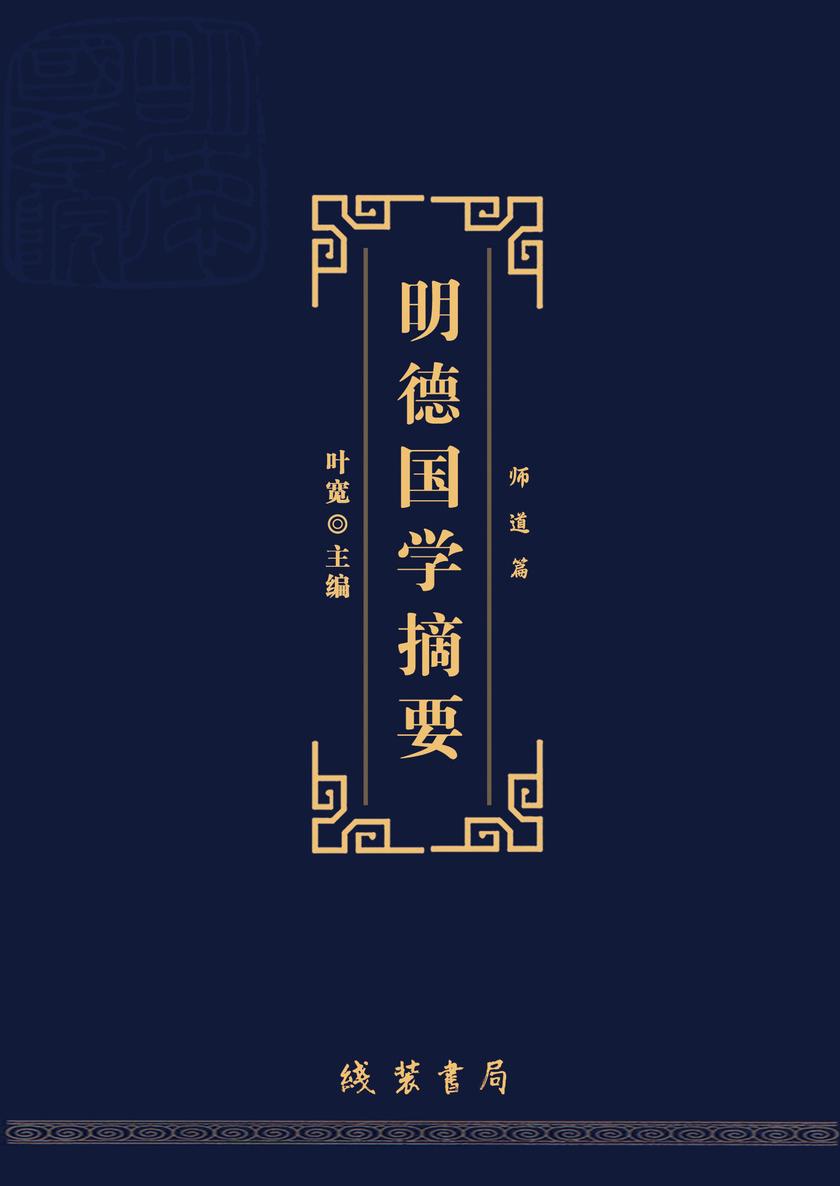
明德国学摘要:师道篇
¥120.00
本书是一部中华国学经典思想的史料摘编及研究专著,秉承“道器合一”的思想,力争择其精要地将中华文化教育传承的认识论和方法论汇集一体。包括《师道》《家道》《教法》三个大部分; 《师道》分“教理哲思、明德师范、圣贤论学、诲人师训、启智传心”五部分,集纳了中国历代古圣先贤,书院山长/院长、私塾/学堂塾师对教育的思想认知、实践方法和切身体悟等,可作为从教者的教研参考书。
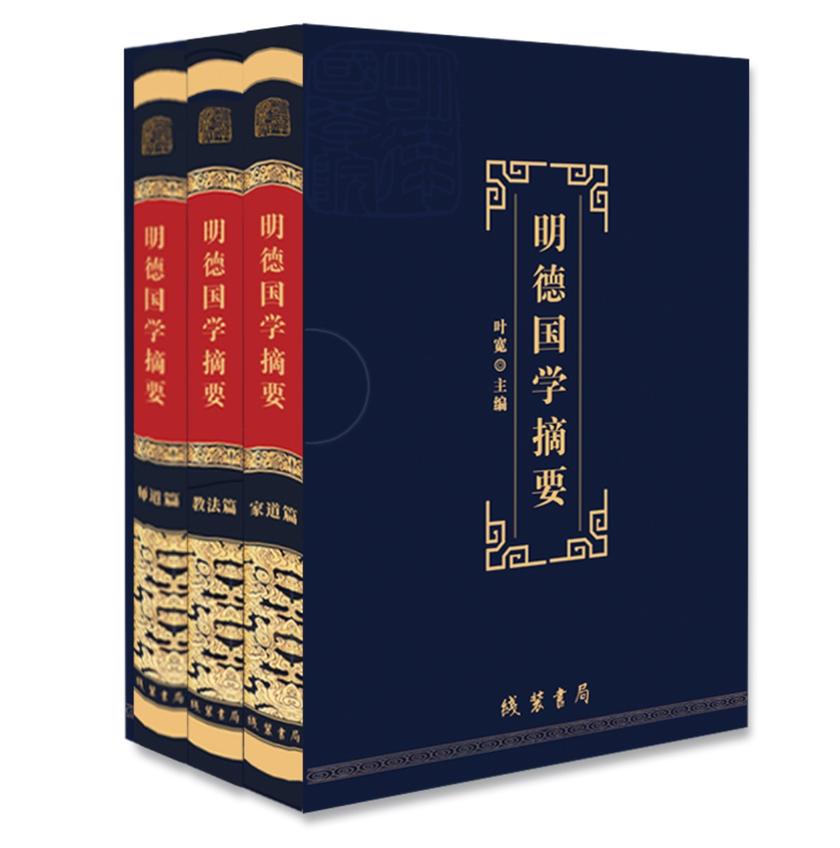
明德国学摘要(全三卷,师道篇+家道篇+教法篇)
¥360.00
本书是一部中华国学经典思想的史料摘编及研究专著,秉承“道器合一”的思想,力争择其精要地将中华文化教育传承的认识论和方法论汇集一体。包括《师道》《家道》《教法》三个大部分; 《师道》分“教理哲思、明德师范、圣贤论学、诲人师训、启智传心”五部分,集纳了中国历代古圣先贤,书院山长/院长、私塾/学堂塾师对教育的思想认知、实践方法和切身体悟等,可作为从教者的教研参考书。 《家道》分“世则家范、名门家训、族约家规、诫子弟书、治家格言”五部分,精选了历代以来家范、家训、族约、家规、诫子书、齐家劝学格言等内容,可作为具备从教能力,尤其是家长的*读之书;且其具体内容实为经营家风的内在因素,少此便无家风经营呈现之可能。 《教法》分“授业传薪、礼教仪规、敦勉劝学、教约学规、读书心法”五部分,主要是以中国传统文化教学研究、教学规范、教学方法为核心的教研参考资料,亦是师法古人传承民族固有文化的教学纲要、教习方法和备课参考。

索达吉堪布:世界青年佛学研讨会系列(共3册)
¥106.99
世界青年佛学研讨会系列,分别为《浅谈佛教与科学》《你也可以是菩萨》《生死与幸福》
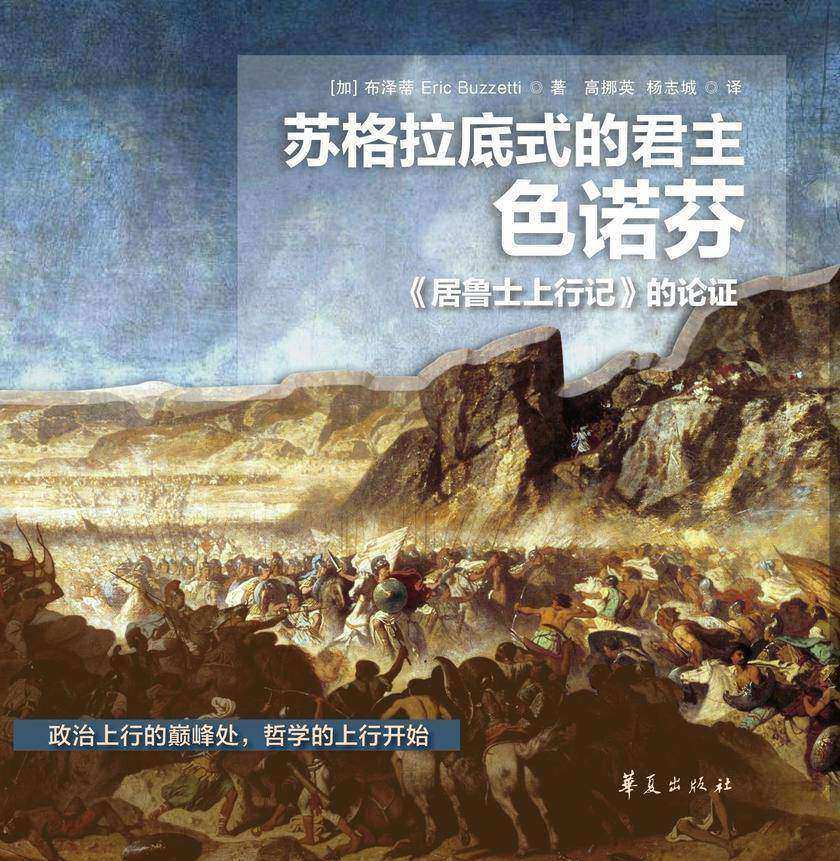
苏格拉底式的君主色诺芬:《居鲁士上行记》的论证
¥96.00
苏格拉底的众弟子中,仅有两位记载了其老师苏格拉底的言行,一位是柏拉图,另一位就是色诺芬。《居鲁士上行记》是色诺芬的的传世名篇之一,貌似史书而实为一部苏格拉底式哲学的导言。书中没有直记载苏格拉底,但苏格拉底的影响无处不在。 《苏格拉底式的君主色诺芬》一书是对这部名篇的深解读。作者布泽蒂集中比较了书中包括居鲁士在内的三位王者式人物,其中*重要的是色诺芬本人。分析表明,身为万人军的统帅,色诺芬从苏格拉底所受的教育,帮助他在统治中一定程度上兼顾了道德和利益——就此而言,可以说,色诺芬的老师苏格拉底才是万人军背后真正的统率。然而,色诺芬在政治*处的体验,也使他碰触到政治生活固有的限度,那就是统治无法完全做到兼顾道德和利益——哲学的“上行”由此始。

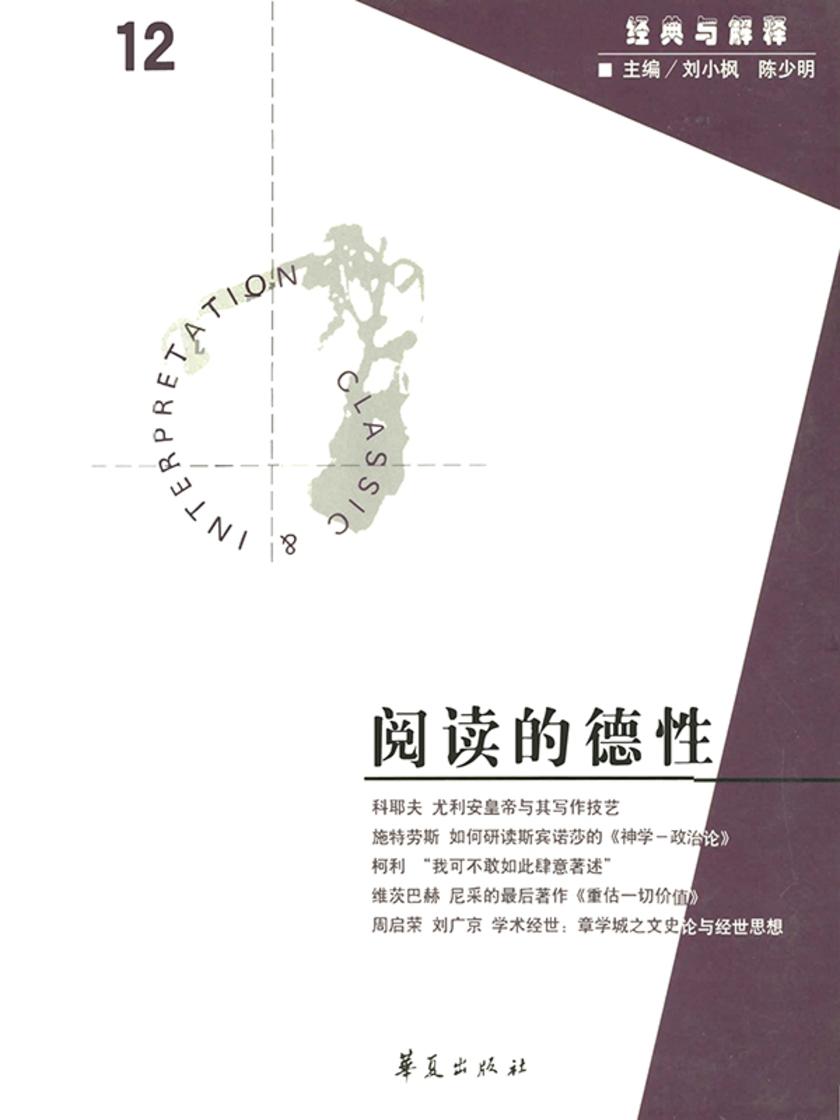
阅读的德性(“经典与解释”第12期)
¥28.00
中国哲学同经典解释注定有不解之缘。哲学研究同哲学史研究本来不是一回事,只有哲学史研究才一定是哲学经典研究。但在中国思想传统中,这两者的关系似乎没有明确的区分。从形式上讲,它表现在注经的思想或学术活动中。这个集子收入了中山大学哲学系部分师生关于中国哲学史(包括思哲史)的一些研究成果,内容集中展示了先秦子学及宋明儒学两方面。很有借鉴参考作用。 一般来说,人们怎样阅读就怎样写作。通常,细心的作者也是细心的读者,反之亦然。除非自己亲自小心地阅读,一个人不可能知道何为小心地阅读。阅读先于写作;在写作之前,我们已经阅读;我们通过阅读学习写作。一个人通过认真阅读好书——*用心地阅读那些被*用心地写出来的书——来学习认真写作。因此,通过研究一个作者的阅读习惯,我们也许预先就会知道他的写作习惯。

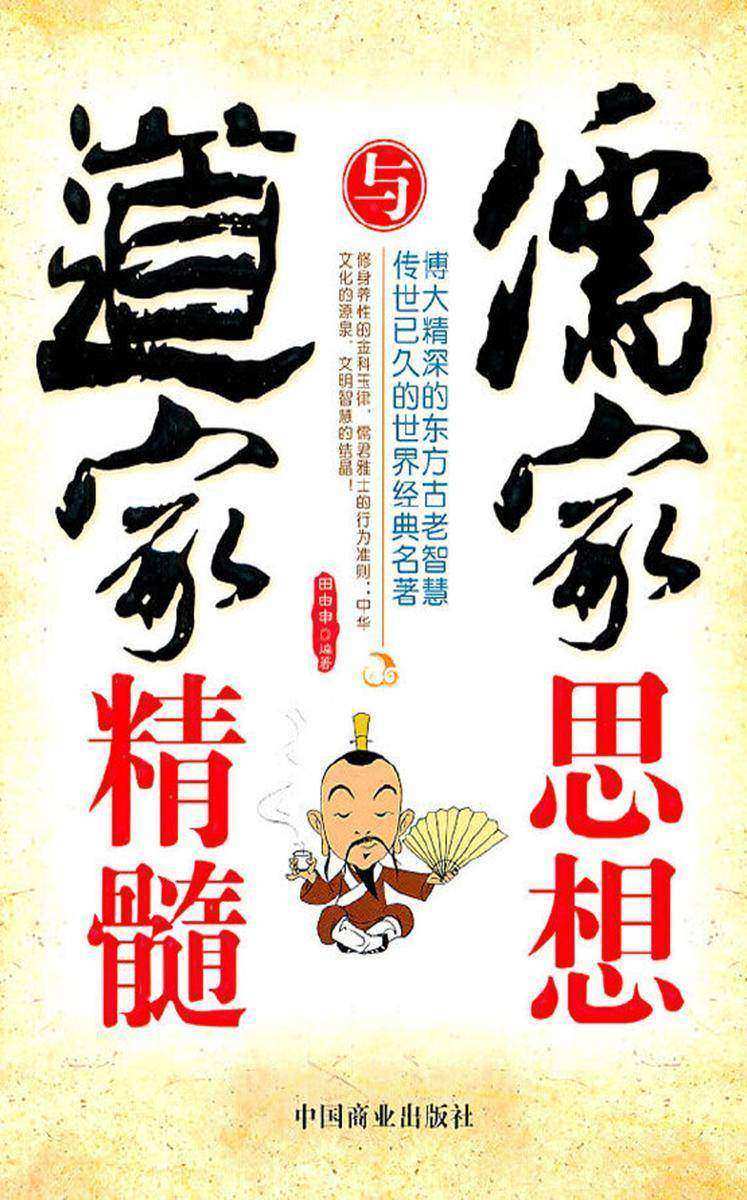
儒家思想与道家精髓
¥12.99
简读之可含英咀华精读之可参悟灵修,儒道文化是古老文化和智慧的积淀,其思想精华取之不尽,用之不竭,几千年来,一直被人们传承。这些智慧和经验经过历史的磨和检验,散发出夺目的光彩。儒家源出于文士,道家源自于隐者。儒家强调[修身治国齐家平天下],道家强调[清静无为]。可以说,在中国,儒家和道家思想是影响中国人思想发展的历程,塑造中华民族性格的主要元典。

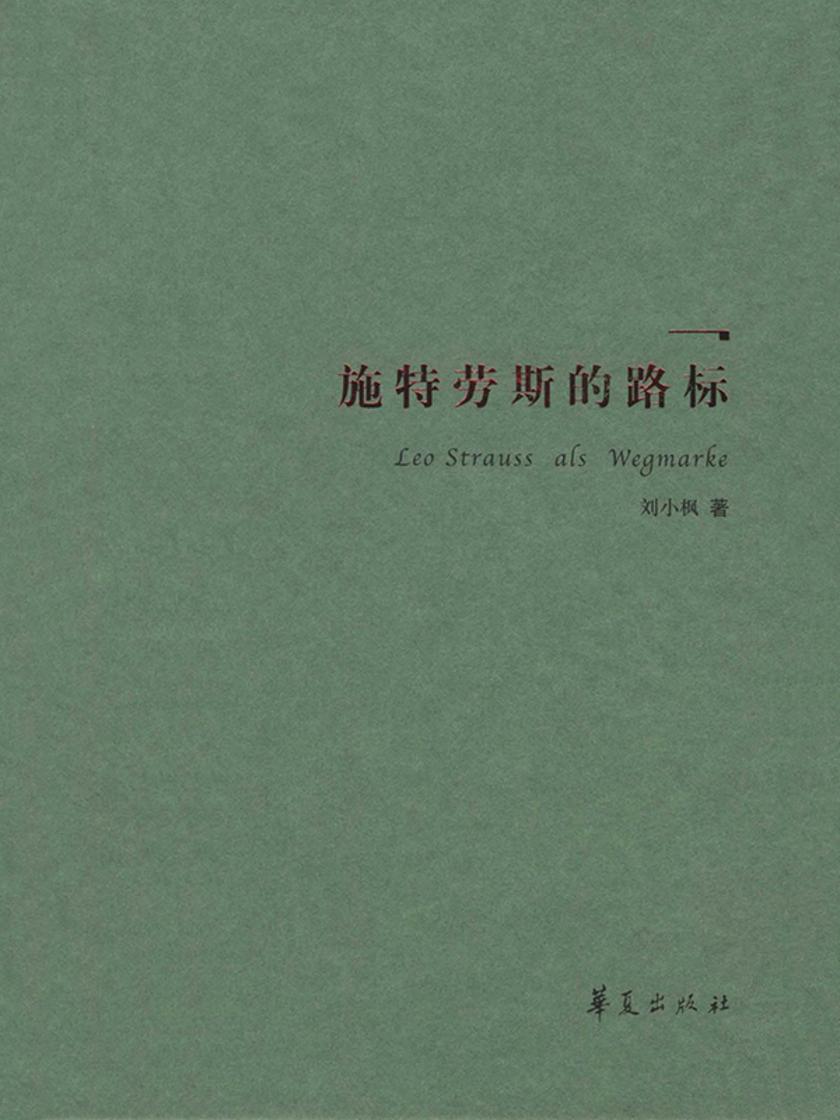
施特劳斯的路标(精装本)
¥25.00
《刘小枫集:施特劳斯的路标》收研读施特劳斯的五篇心得,写于1999至2009年间。五篇文章是作者自己十年间的学习小结,十年后的今天,研读施特劳斯对我自己来说仍然仅仅是始。主要内容包括:刺猬的温顺、施特劳斯的路标、施特劳斯与启蒙哲学、学人的德性、施特劳斯与中国等。

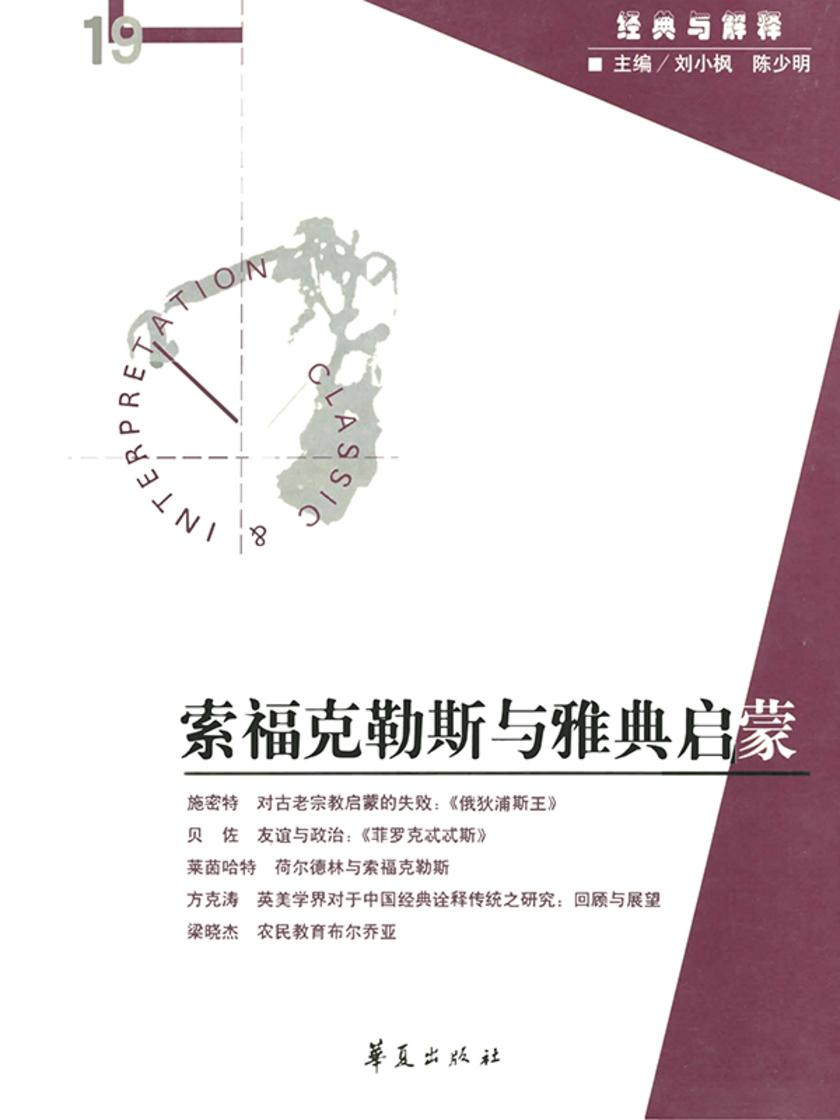
索福克勒斯与雅典启蒙(“经典与解释”第19期)
¥26.00
据说,在埃及人那里,斯芬克斯是秘密的化身。它在忒拜现身,并且用这几句话出了一道谜语:“什么东西早晨用四条腿,正午用两条脚,傍晚时用三条脚走路?”希腊人俄狄浦斯解了谜,把斯芬克斯从悬崖上扔了下去,因为俄狄浦斯说,谜底是“人”。……因为这个谜底,使他遭受了两重巨大的无知:关于他自身以及关于他所做的事。 索福克勒斯在他的《俄狄浦斯王》中展现了启蒙这一新问题在历史中的现实意义,而他同时又认为这一问题来源于人性本质,并且必然产生自这一本质。他描绘了相信自己的知识和自己力量的人如何遭到了存在意义上的失败。索福克勒斯并没有把俄狄浦斯塑造成一个启蒙的指路人或理论家,而是把他推到了启蒙的边缘上,使他成为一个具有自我意识的人的代表。这一自我意识建立在人类自律的知识之上。

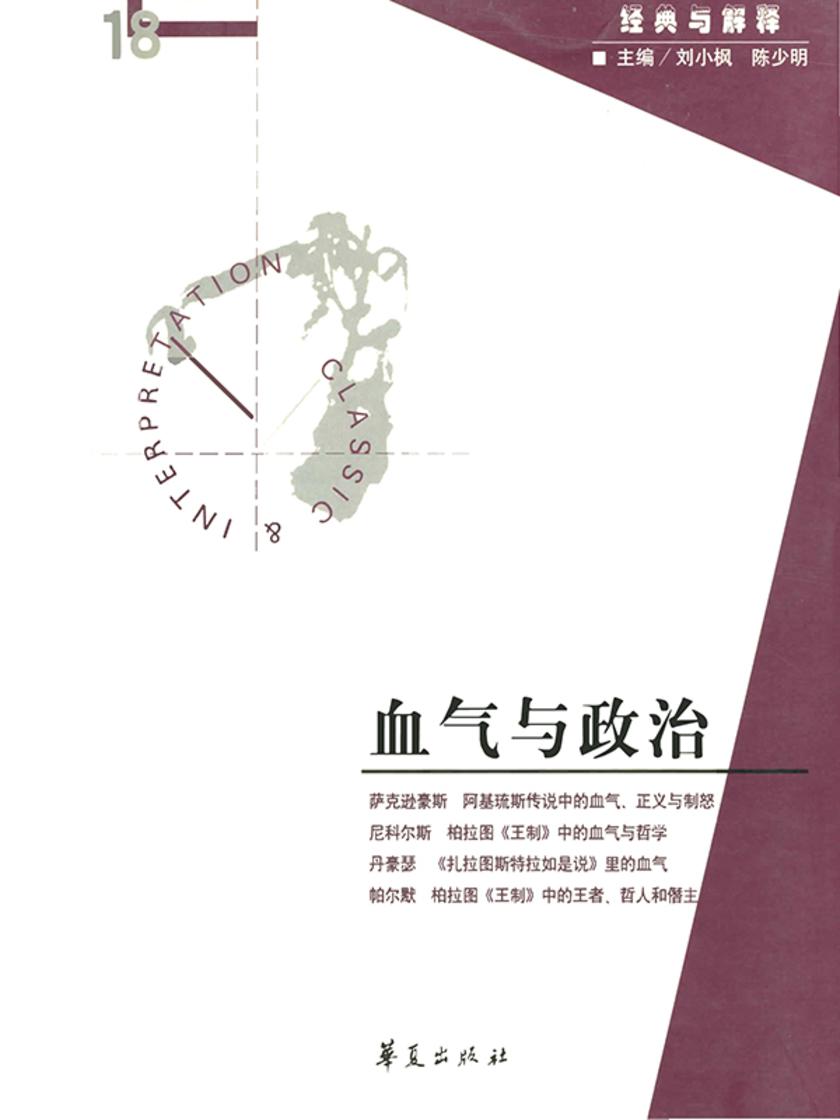
血气与政治(“经典与解释”第18期)
¥28.00
所谓血气,就是人对何谓正确、何种东西带来尊严与荣誉的精神感受。人类共同体在一定程度上有赖于凭借血气捍卫财富与名誉的分配,但血气对正义或合法性的要求从来不能得到满足。因为这种正义要求,把人类生活的无公度方面,当作可公度的东西。因此,柏拉图和荷马都告诫人们要节制自己的血气。 血气是城邦统治者行哲学思考的基础,也反映他们的统治特征。柏拉图在《王制》中,提出了节制血气的一条新途径——通过苏格拉底的政治哲学……

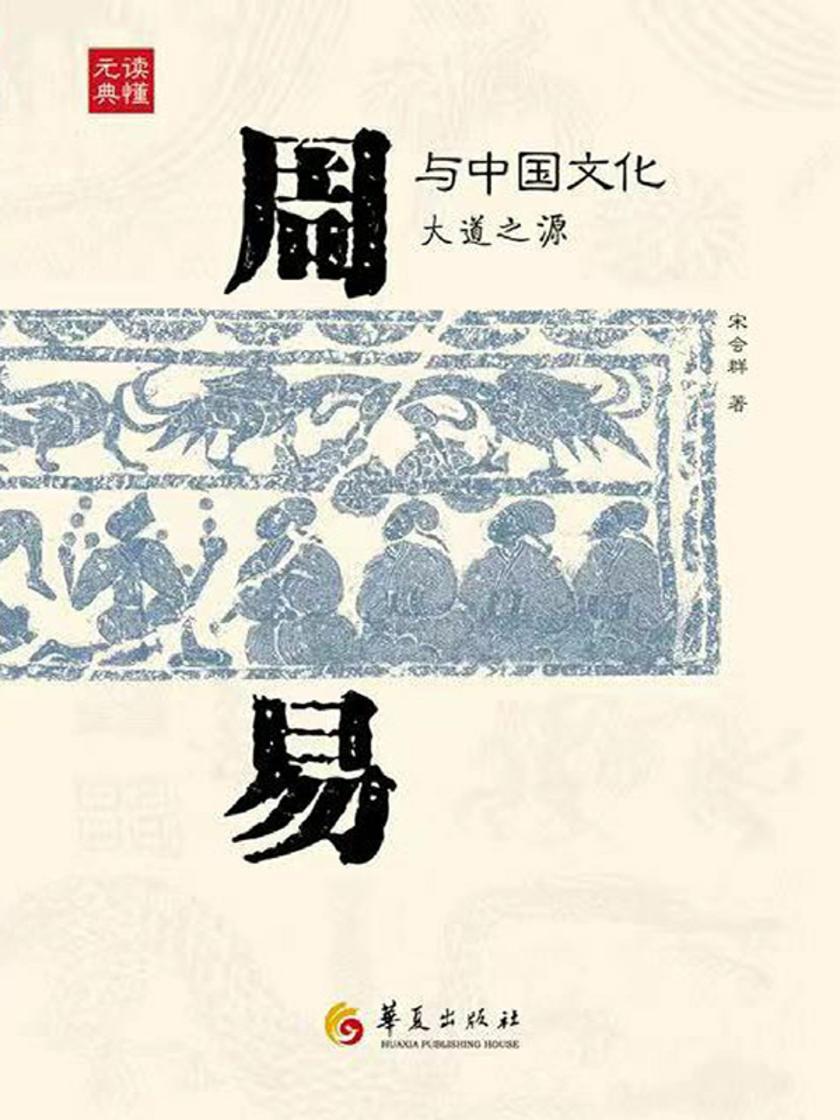
《周易》与中国文化
¥56.00
《周易》被誉为“六经之首”,是中国文化元的代表。它作为一种逻辑思维方式,贯穿于中华民族各种文化形成发展的始终,对中国文化产生了长期而广泛深刻的影响。不论是农、医、术、数、天文、地理、律历、文史、艺术、棋戏,还是哲学、政治、经济、军事、教育、科技等,都在不同程度上打上了易学的烙印。在我们民族的民族精神、伦理道德、风俗习惯、文化行为中更是流淌着易学的精血。《周易》的三才观、整体观、象数逻辑思维方式,不仅是中国文化元的代表,同时也构成了世界文化之一元。本书作者宋会群、苗雪兰通过多个领域的研究,详细论述了《周易》与中国文化的关系。书稿分为以下七个部分:一、千古奇书——《周易》; 二、周易学简史; 三、《周易》与中国思想文化; 四、《周易》与中华民族精神; 五、《周易》与中国古代科学; 六、《周易》与术数文化; 七、余论。引导读者由浅入深,领略《周易》文化的博大精深,感受《周易》对中国文化无处不在的影响。


柏拉图主义的助产士:柏拉图《泰阿泰德》中的显白之辞与言下之意
¥55.00
《柏拉图主义的助产士》通过精细微的逐字解读和高屋建瓴的整体把握,得出一个耐人寻味的结论:在柏拉图早期对话《泰阿泰德》中,作为主要发言人的苏格拉底虽然还不是一个柏拉图主义者,但已是柏拉图主义的“助产士”。事实上,柏拉图一生不断回头去评估他所继承的苏格拉底遗产,揭示它如何铺设了自己的形而上学之路。此书不仅仅是要对一部哲学杰作提出新的解释,更是要还原出一件事:柏拉图对他自己早期作品中的苏格拉底形象作何评论?

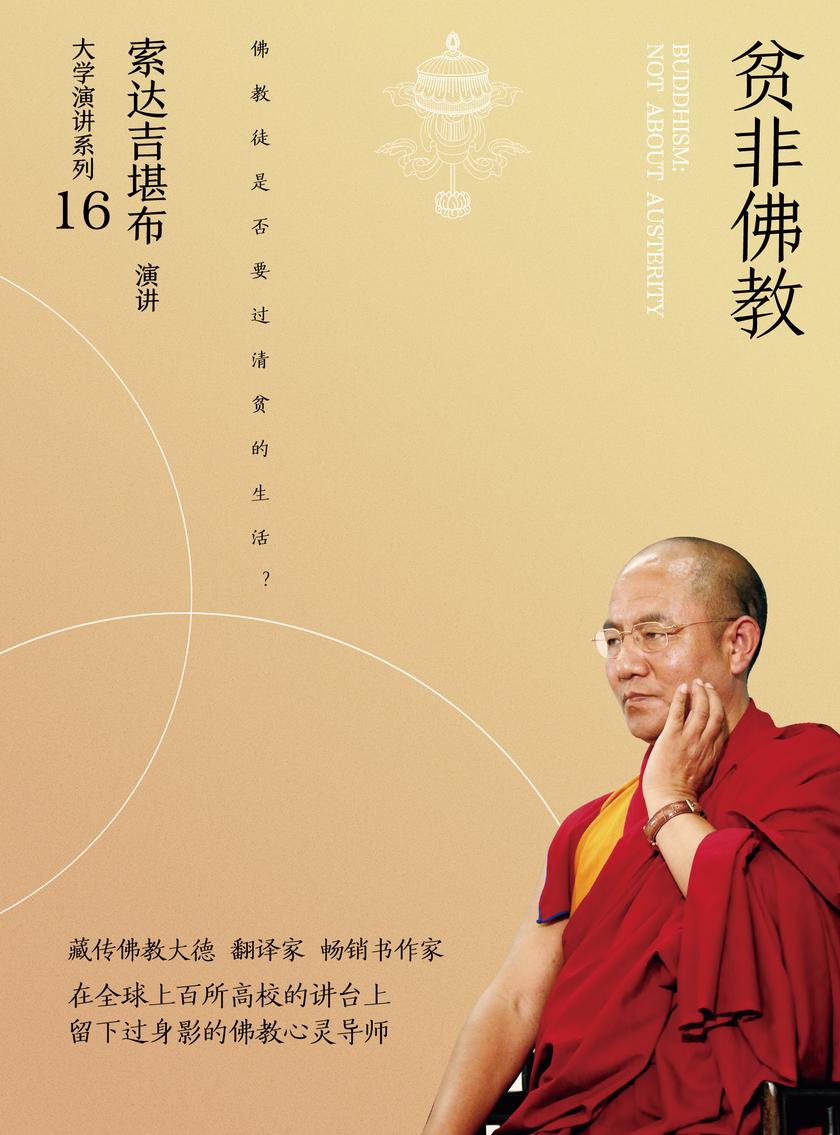
贫非佛教
¥29.99
佛学大师索达吉堪布校园演讲系列:人大、中医科学院、北大三校演讲共七篇。 分别以商之大者 自利利他、贫非佛教——大富长者的启示、药师佛与中医、密宗文化与现代社会、密宗文化与现代艺术、密宗文化与现代管理、密宗文化与现代教育为主题演讲。


生命中的偶遇
¥29.99
佛学大师索达吉堪布校园演讲系列:意大利都灵精神论坛,荷兰莱顿大学,法国多芬尼综合大学、巴黎喜马拉雅研究中心,奥地利维也纳大学,英国牛津、剑桥大学、伦敦政治经济学院五果八校演讲共八篇。 分别以生命中的偶遇、佛教与社会德行、藏传佛教对都市青年的吸引力、幸福人生、女性在藏传佛教中的地位、藏传金刚乘的特点、跨文化译传藏传佛教之人生感悟、修持佛道、佛教如何看待幸福为主题演讲。

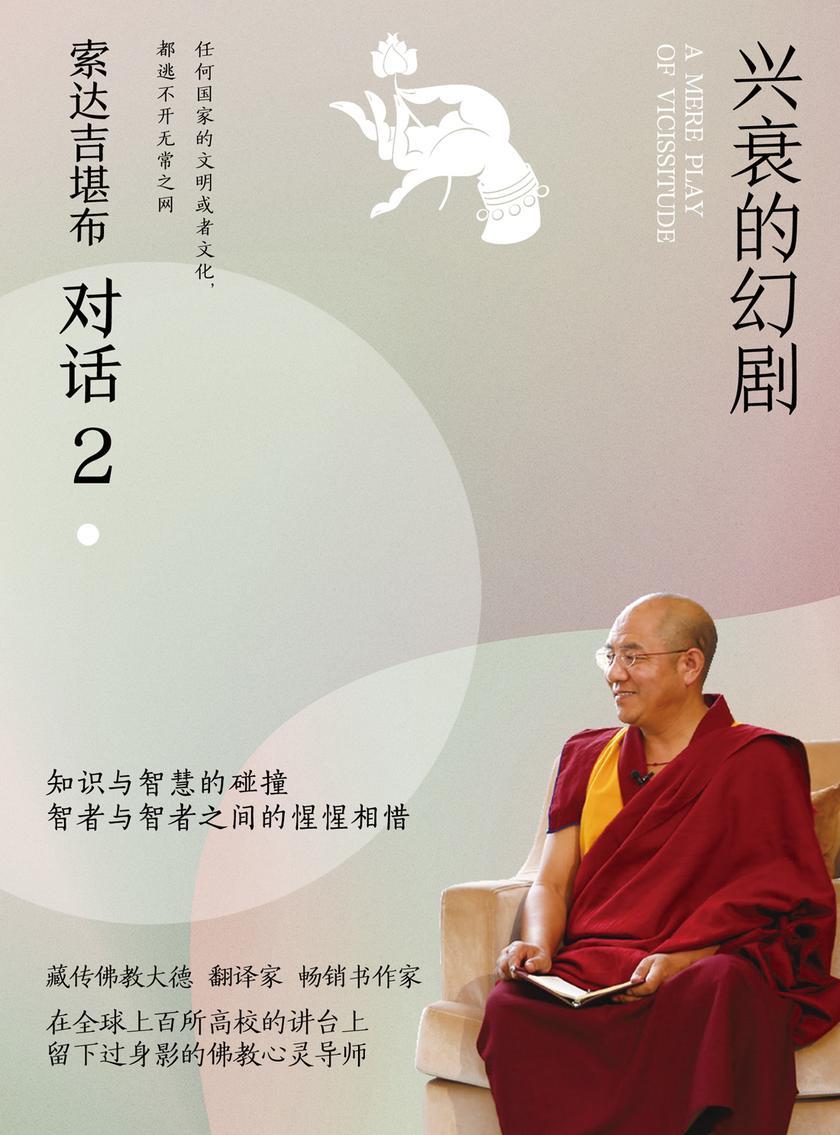
兴衰的幻剧
¥29.99
知识与智慧的碰撞,智者与智者之间的惺惺相惜,索达吉堪布与名人对话,
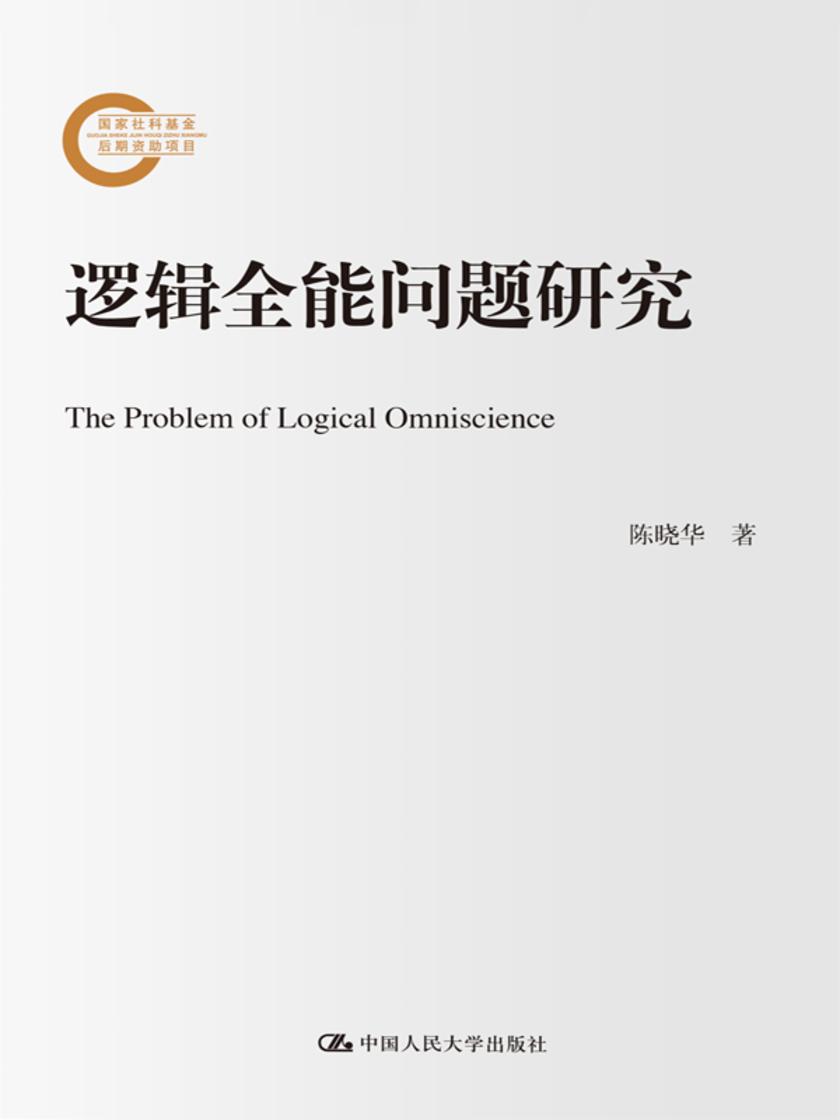
逻辑全能问题研究(国家社科基金后期资助项目)
¥46.80
本书围绕“逻辑全能”与“逻辑无能”之间必要的张力的把握,对当前认知逻辑研究中的根本问题、问题的症结与合理研究指向做出了系统性与深刻性的分析。作者基于上述“问题症结”的认识,认为逻辑全能问题是认知封闭原则在形式系统中的体现,对逻辑全能问题的回答可以视为对认知封闭原则的解答。本书的基调是拒斥逻辑全能问题,实则是不受认知封闭原则。在这个基调之下,本书从两个层面来分析逻辑全能问题:(1)、技术层面。在避免逻辑全能问题的诸多方案中,绝大多数的学者都是在考虑如何不逻辑全能的问题,但有一个问题常常被忽视,即不逻辑无能的问题,这个问题是由H.N.Duc提出来的。本文试图刻画这一标准,使用这一标准来评估各种方案。(2)、哲学层面。这主要是使用认知逻辑形式工具来探讨认知封闭原则下的各种哲学疑难,从而推动认知逻辑和认识论的融合。
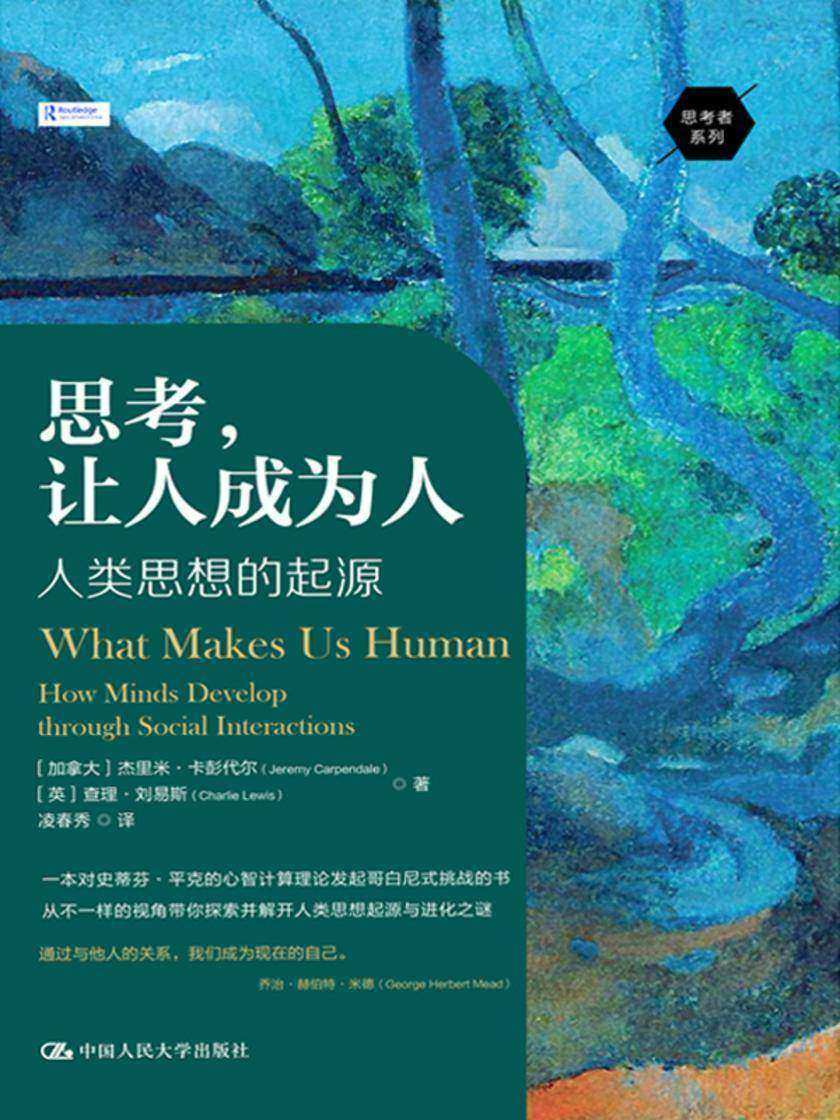
思考,让人成为人:人类思想的起源
¥53.40
比起遥远的星系或古老的化石,显然人类心智的本质和发展与我们的生活更息息相关。本书探讨的是一些非常基本却无比奇妙和复杂的问题: ◎人类是如何从一堆细胞变成能够思考的物种的? ◎人类是如何从小婴儿成长为不但可以谈笑风生还能探索星空的成年人的? ◎ 是什么造成了人类和动物之间智力的差异? ◎ 人类思维的本质是什么? ◎ 人类的思维形式从何而来? ………… 如果你对心智、语言、道德及思维的本质感兴趣,尤其是对人类发展的过程感兴趣,那么这本书就是为你准备的。 本书梳理了千百年以来,诸多哲学家、科学家、心理学家、语言学家用各种不同的方法对人类心智和思维行的种种探索。在本书所涉及的各个领域中,包括知识、语言、婴幼儿社会发展、化等,我们都可以看到不同理论框架之间的针锋相对。而本书的两位作者则旗帜鲜明地反对将成人体验世界的方式投射到婴儿身上的“成人中心主义”,反对把人类的思维简单地解释为由我们的基因决定,反对把大脑作为人类思维的唯一解释,也反对今日广为流传的以著名心理学教授史蒂芬·平克为代表的心智计算理论,即“大脑处理信息,思维是一种计算”的观。 两位作者回到生命之初,从最基本的婴儿观察和研究手,从婴儿最初的一个注视、一个手势、一个微笑始,探索人类是如何在与他人的互动中、在社会摇篮中,一、一步步发展出自我意识,发展出语言和思维、道德和文化这些人类特有的品质和能力的。他们认为人类的思维正是在这种社会互动中产生的,它涉及情感的参与,而不是一套抽象的、脱离实际的推论。

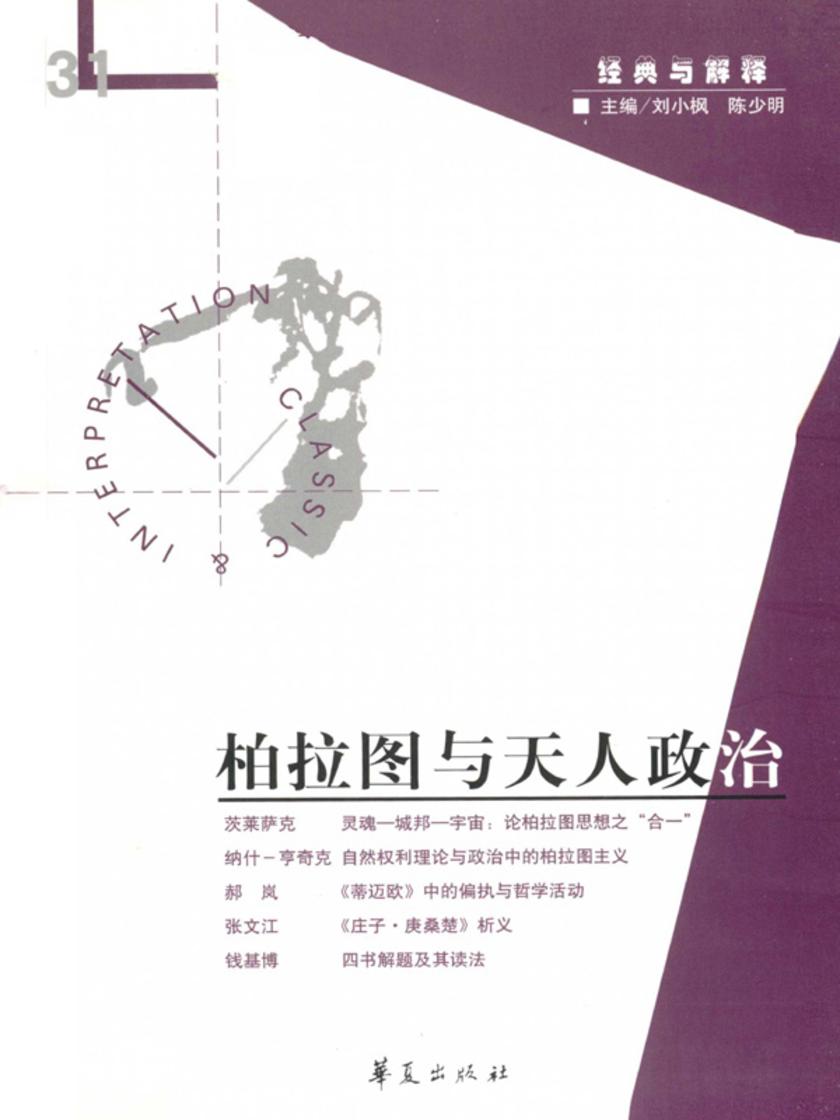
柏拉图与天人政治(“经典与解释”第31辑)
¥31.00
重拾中西方古典学问坠绪,不仅因为现代性问题迫使学问回味古典智慧,更因为古典学问关乎亘古不移的人世问题。古学经典需要解释,解释是涵养精神的活动,也是思想取向的抉择:宁可跟随柏拉图犯错,也不与那伙人一起正确(西塞罗语)。举凡疏证诠解中国古学经典,移译西学整理旧故的晚近成果,不外乎愿与中西方古典大智慧一起思想,以期寻回精神的涵养,不负教书育人的人类亘古基业。


赫西俄德的世界(“经典与解释”第48期)
¥56.00
本期为赫西俄德专题,选译了英语学界研究赫西俄德的四篇代表性文章,分别涉及赫西俄德诗歌与自然哲学和政治哲学的关系问题,意图显示赫西俄德的两个世界——自然的世界和正义的世界之间的关系,揭示赫西俄德与古希腊思想的深刻勾连。 “古典作品研究”栏目选译了日本学者斋藤拙堂的《老子辨》和古希腊哲学家埃斯基涅斯的《阿尔喀比亚德》残篇。“思想史发微”则收录研究海德格尔的力作《从“同一者”到“命运”》;“旧文新刊”栏目刊布民国湖南学者郭倬瑩的《四部通論·經部流別》;“评论”收录两篇译文,分别涉及黑格尔和施特劳斯。


你的快乐,从何而来
¥29.99
佛学大师索达吉堪布校园演讲系列:南非圣奥古斯汀学院、马拉维多马西教育学院、南非开普敦大学、博茨瓦纳大学、复旦大学、上海交通大学、北京大学七校演讲共七篇。 分别以觉悟在当下、你的快乐从何而来、藏传佛教的日常修行和仪式、物质主义时代的佛教观、师生相处之道、追问生命的价值、透过现象看本质为主题演讲。
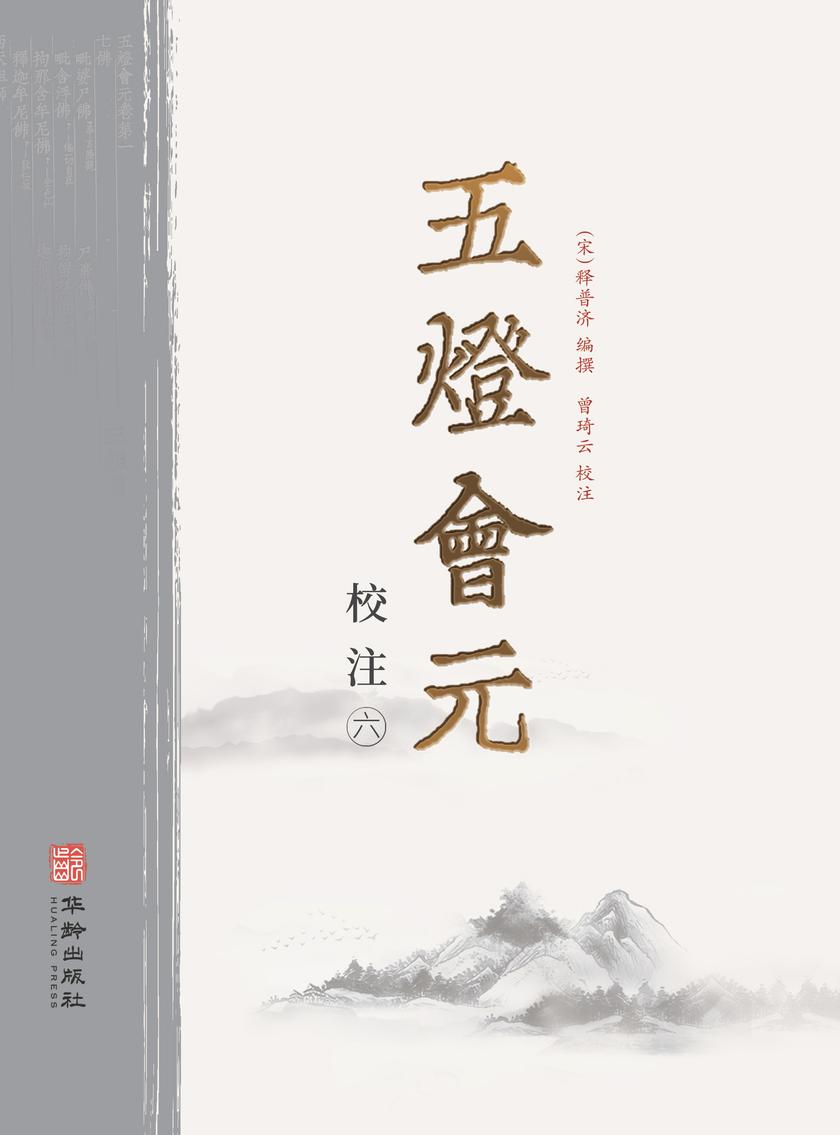
五灯会元校注(第六册)
¥80.00
《五灯会元》是中华文化史上一部伟大的禅宗经典巨著,也是中国古典文学的代表作,由《景德传灯录》《天圣广灯录》《建中靖国续灯录》《联灯会要》《嘉泰普灯录》等五部禅宗灯录改编而成。保留了“五灯”诸书的精华,修改润色了适于实修的公案典故,是中国禅宗史料*为齐全的古代文献。 本书在参考之前旧版本并纠正其错讹基础上,对《五灯会元》进行了重新点校、注释并解读。注释详尽,解决了阅读难题。“概要”为点睛之笔,对禅师的生平与思想进行整体解读,或简单概述,或补充史料,或研究重点难点,或分析禅宗典故与公案的含义,使我们对每一位禅师的行迹以及教化都有深刻的理解。“概要”后写上参考文献,使读者可以继续深入研究。
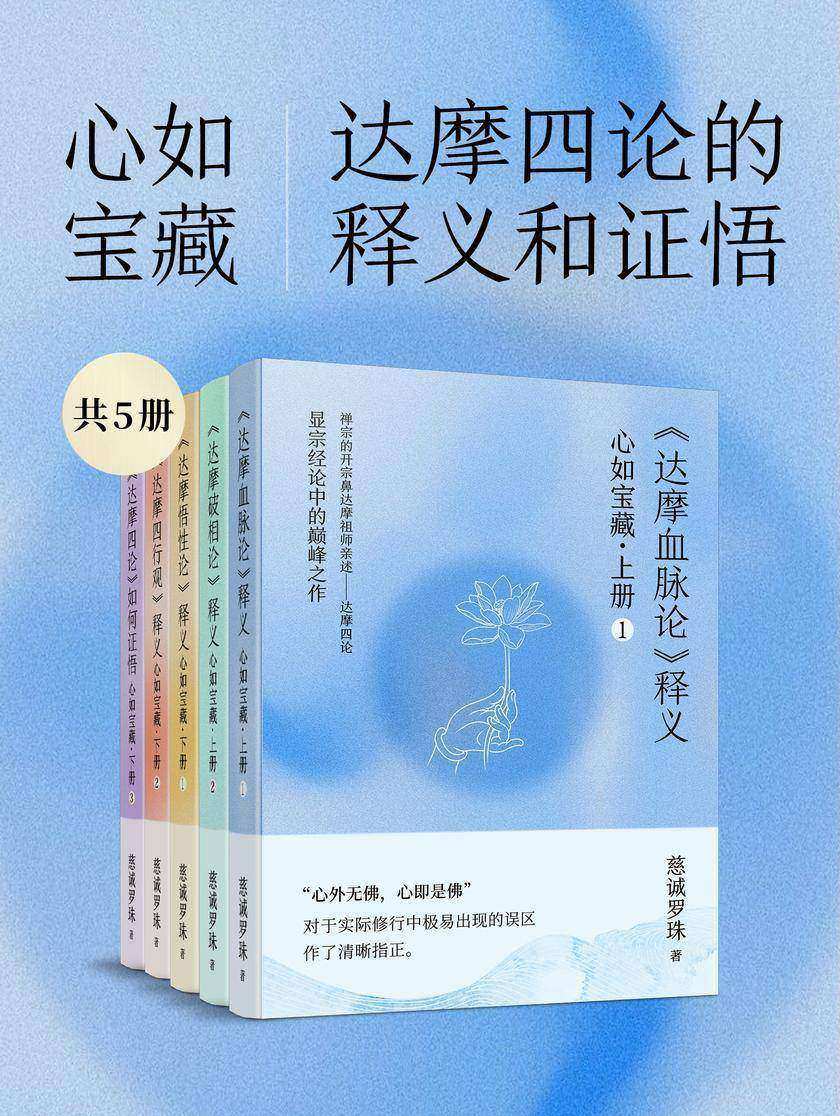
心如宝藏:达摩四论的释义和证悟(全5册)
¥178.99
达摩祖师是禅宗的开宗鼻祖,有关他的故事可谓家喻户晓,而其亲口所述的达摩四论,不仅是显宗经论中的*之作,与密宗的*高见解也相差无几。 《血脉论》围绕“心外无佛,心即是佛”的禅宗要义展开,对于实际修行中极易出现的误区也作了清晰的指正。 《破相论》即破除我们固有的常、乐、我、净等颠倒认知,*终从一切束缚中解脱出来;全篇以问答的形式,宣讲了大乘佛法的修行窍诀。 《悟性论》主要宣讲什么是心的本性以及如何证悟心的本性,并详细诠释了佛法不同层次的学修原理,高屋建瓴地为我们指明禅宗的核心见解和一切修行的关键所在。 《四行观》宣讲了进入大乘佛教的两种方法——理入和行入。 另外,除了讲解达摩四论本身的含义以外,还从密宗大圆满、大手印的高度,对其*核心、深奥的部分加以着重阐释,使法义更加清晰明了、显密圆融。此外,不仅讲解理论,更结合了实修的具体方法,力图让大家能够学有所用,争取早日证悟。




 购物车
购物车 个人中心
个人中心



